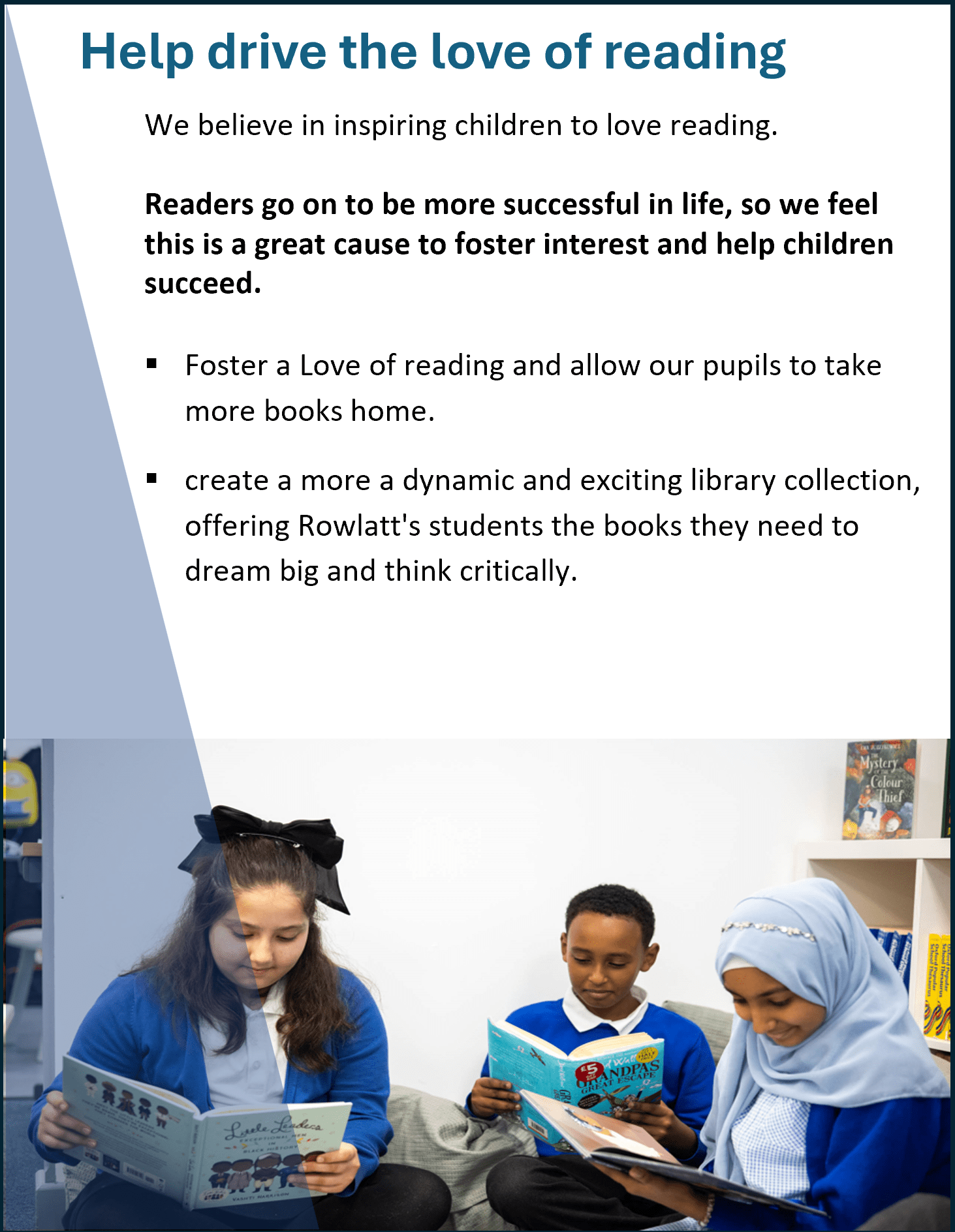Science Curriculum Intent
At Rowlatts Mead Primary Academy, our Science curriculum is designed to ignite curiosity, encourage questioning, and develop a deep understanding of the natural and physical world. We aim to equip children with the knowledge, skills, and vocabulary necessary to explore scientific concepts confidently and to foster a lifelong interest in science.
Intent:
-
Knowledge and Understanding:
Our curriculum ensures that children gain a solid understanding of key scientific concepts, including biology, chemistry, and physics. Through a structured progression from Year 1 to Year 6, pupils develop knowledge of living things, materials, forces, earth and space, and scientific phenomena, aligned with the National Curriculum. Children are encouraged to make connections between different areas of science and relate their learning to the world around them. -
Skills Development and Scientific Enquiry:
Science at Rowlatts Mead is not just about knowledge—it is about developing the skills to think like scientists. Pupils learn to observe, question, hypothesise, investigate, record results, and draw evidence-based conclusions. The Classroom Secrets scheme underpins our curriculum, providing comprehensive opportunities for practical investigations and ensuring a depth of knowledge in every topic. This structured approach allows children to explore concepts in a hands-on, engaging way, fostering critical thinking and problem-solving skills. -
Engagement and Curiosity:
We aim to nurture a sense of awe and wonder in the natural world. Through practical investigations, experiments, and real-life applications, pupils are inspired to explore, discover, and ask meaningful questions about how the world works. -
Progression and Depth:
The curriculum is carefully sequenced to ensure knowledge and skills build progressively across year groups. Topics revisit prior learning, deepening understanding and allowing children to apply scientific concepts in increasingly complex ways. The Classroom Secrets scheme supports this progression by offering resources that balance investigative work with conceptual depth. -
Cultural and Environmental Awareness:
Science lessons at Rowlatts Mead promote awareness of environmental issues, sustainability, and human impact on the planet. Pupils are encouraged to think critically about real-world challenges and consider how scientific knowledge can be applied responsibly.
By the time pupils leave Rowlatts Mead Primary Academy, they will have a rich understanding of scientific concepts, the skills to carry out rigorous investigations, and the curiosity and confidence to continue exploring the world around them.

